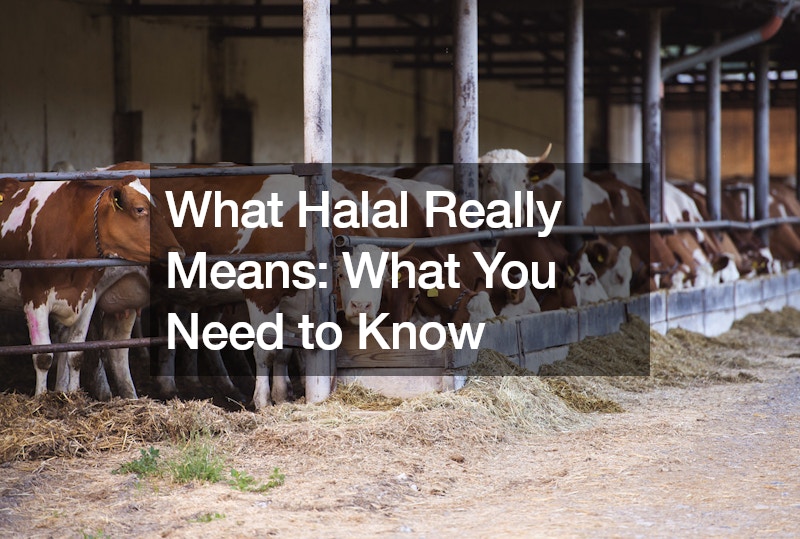Introduction:
Halal, a term deeply rooted in Islamic dietary laws, carries significant ethical implications beyond religious observance. Understanding its true essence is crucial for fostering compassion and respect for all living beings.
1. The Concept of Halal:
Halal, meaning permissible or lawful in Arabic, extends beyond food consumption to encompass broader ethical principles guided by Islamic teachings. It emphasizes the sanctity of life and humane treatment of animals.
2. Ethical Considerations:
At the core of halal practices lies a profound respect for the welfare of animals. Muslims are encouraged to treat animals with kindness, ensuring they are raised in humane conditions and provided with proper care and nourishment.
3. Halal Slaughter:
The process of halal slaughter involves invoking the name of God and adhering to specific guidelines to minimize the suffering of animals. It requires using a sharp blade to ensure a swift and painless death, reflecting a commitment to compassion and mercy.
4. Misconceptions and Realities:
Despite misconceptions, halal slaughter aims to prioritize animal welfare and ensure food safety and quality. It is not a barbaric practice but rather a methodical approach rooted in ethical principles and practical considerations.
The rise of online halal meat shops has made ethically sourced and certified halal products more accessible to consumers worldwide. These platforms offer a diverse range of halal options, empowering individuals to make informed choices.
Conclusion:
By embracing the true meaning of halal and supporting ethical practices, individuals can promote compassion, sustainability, and respect for all living beings. Whether purchasing from online halal meat shops or engaging in discussions about halal practices, it is essential to recognize the profound significance of these principles in shaping our relationship with food and the natural world.
.



